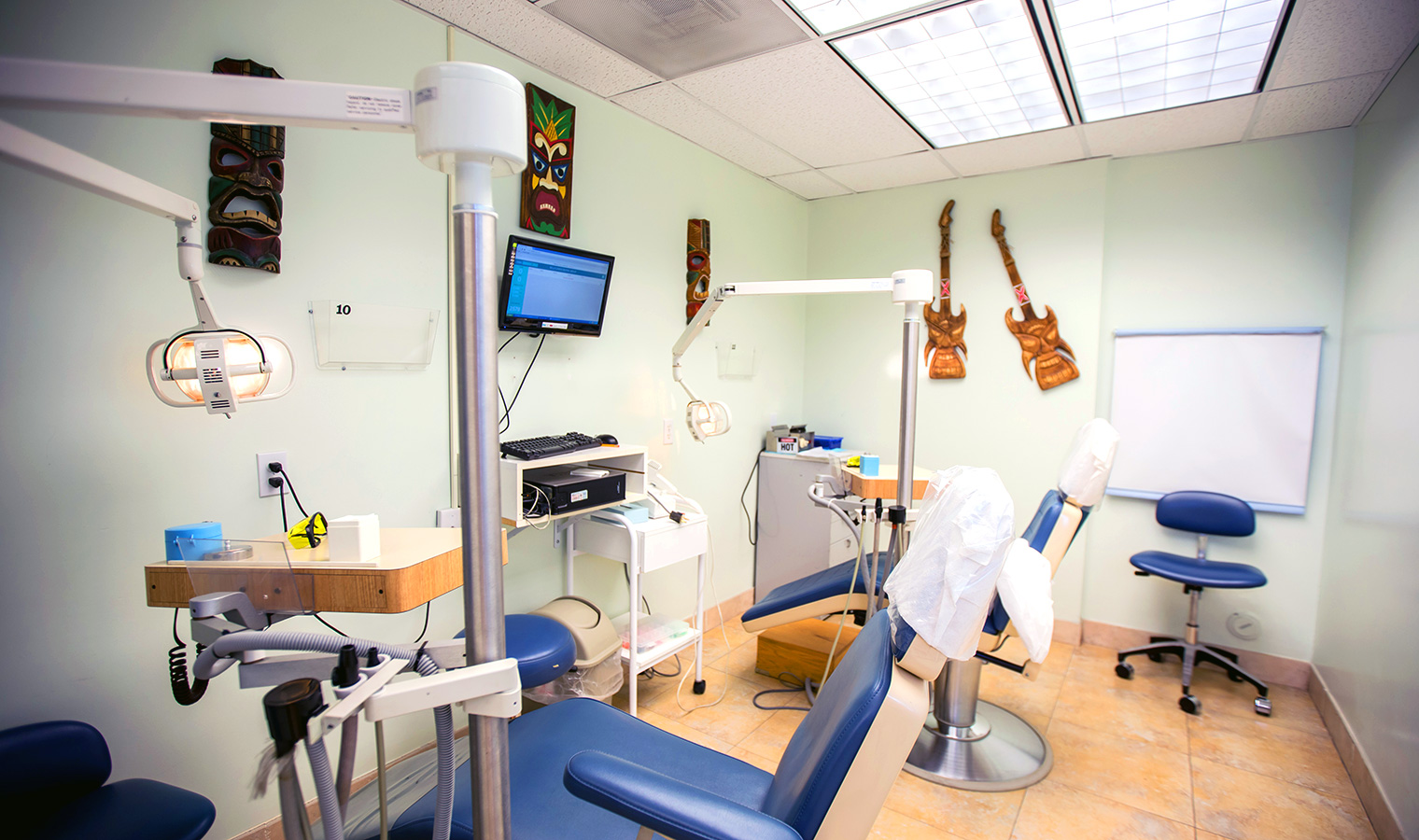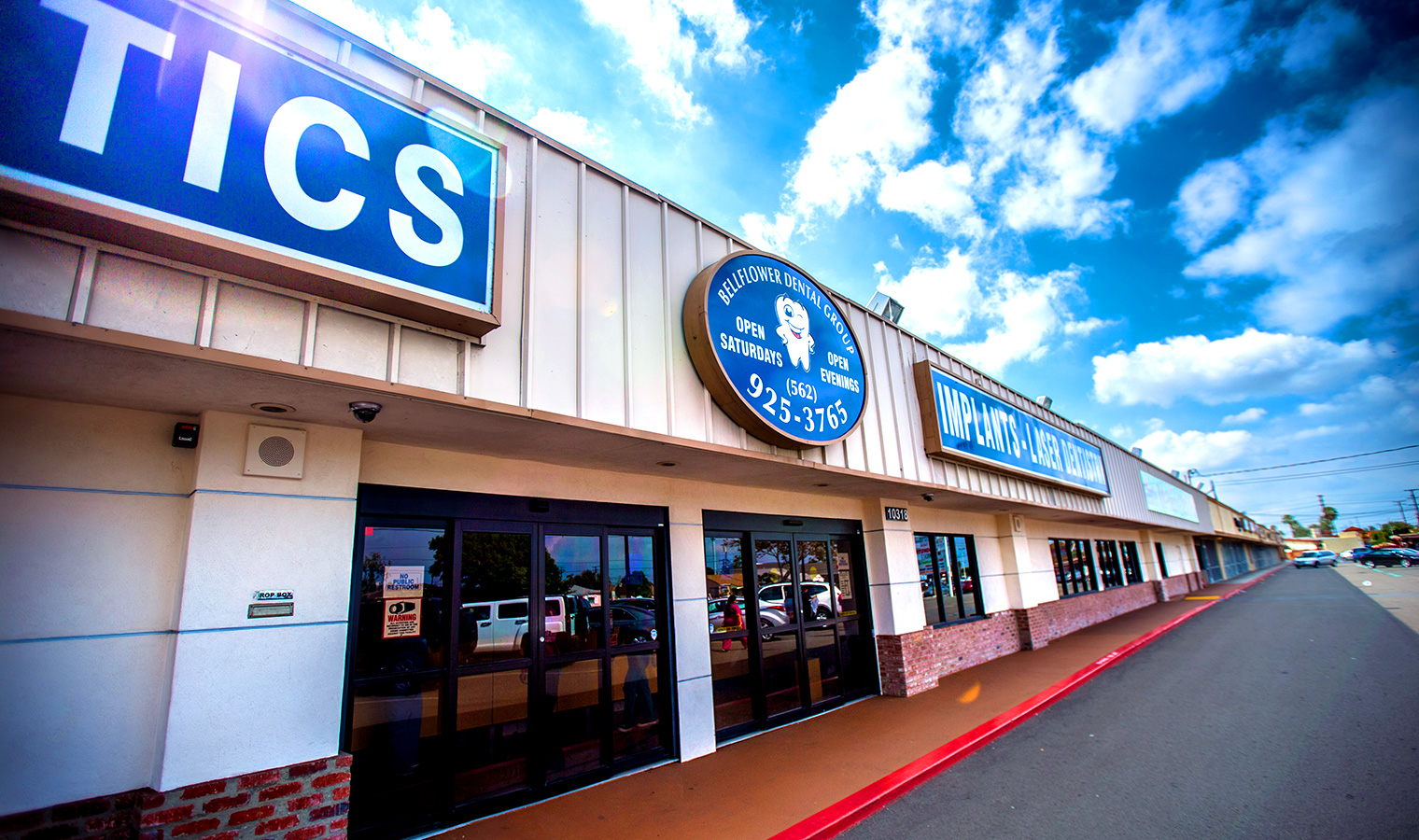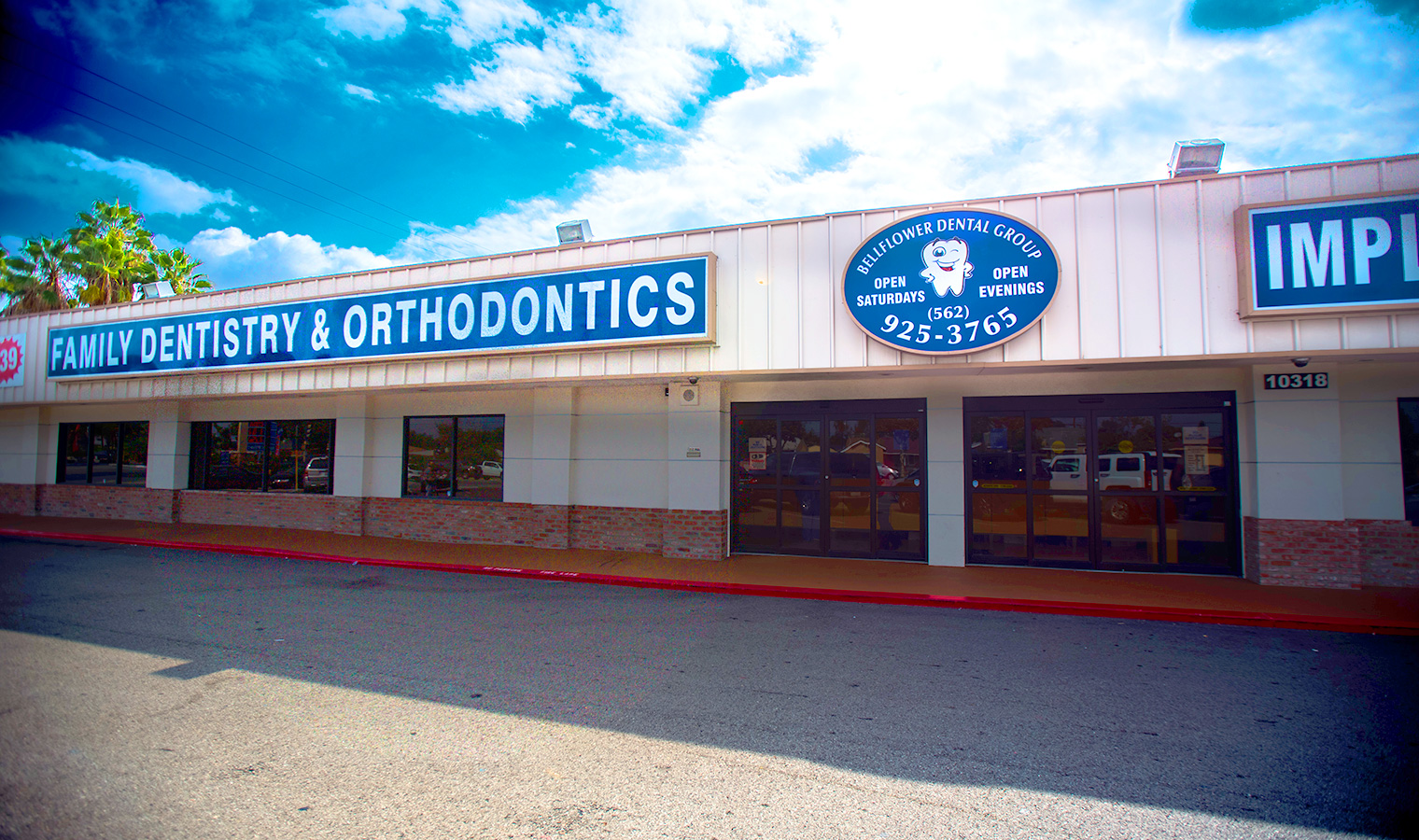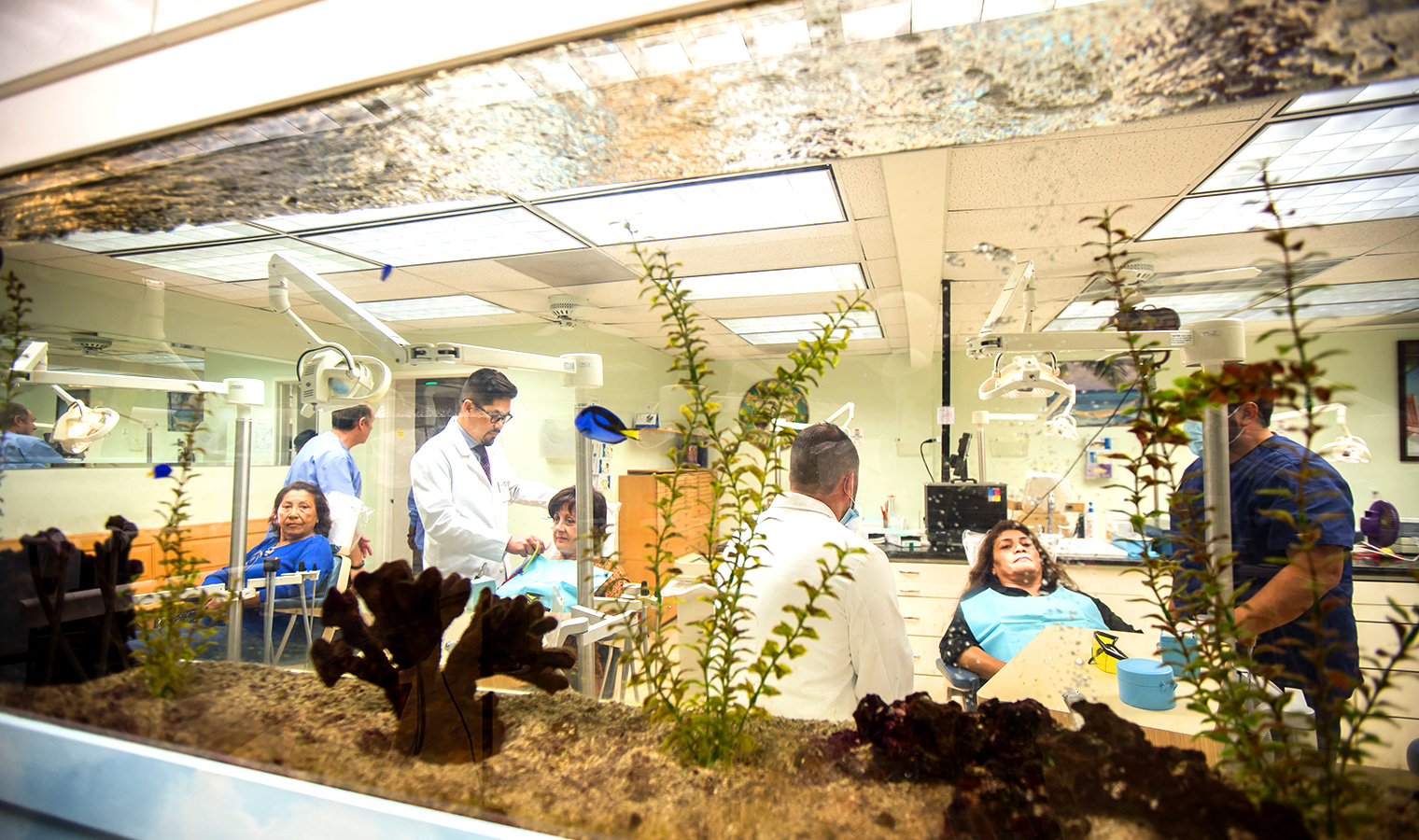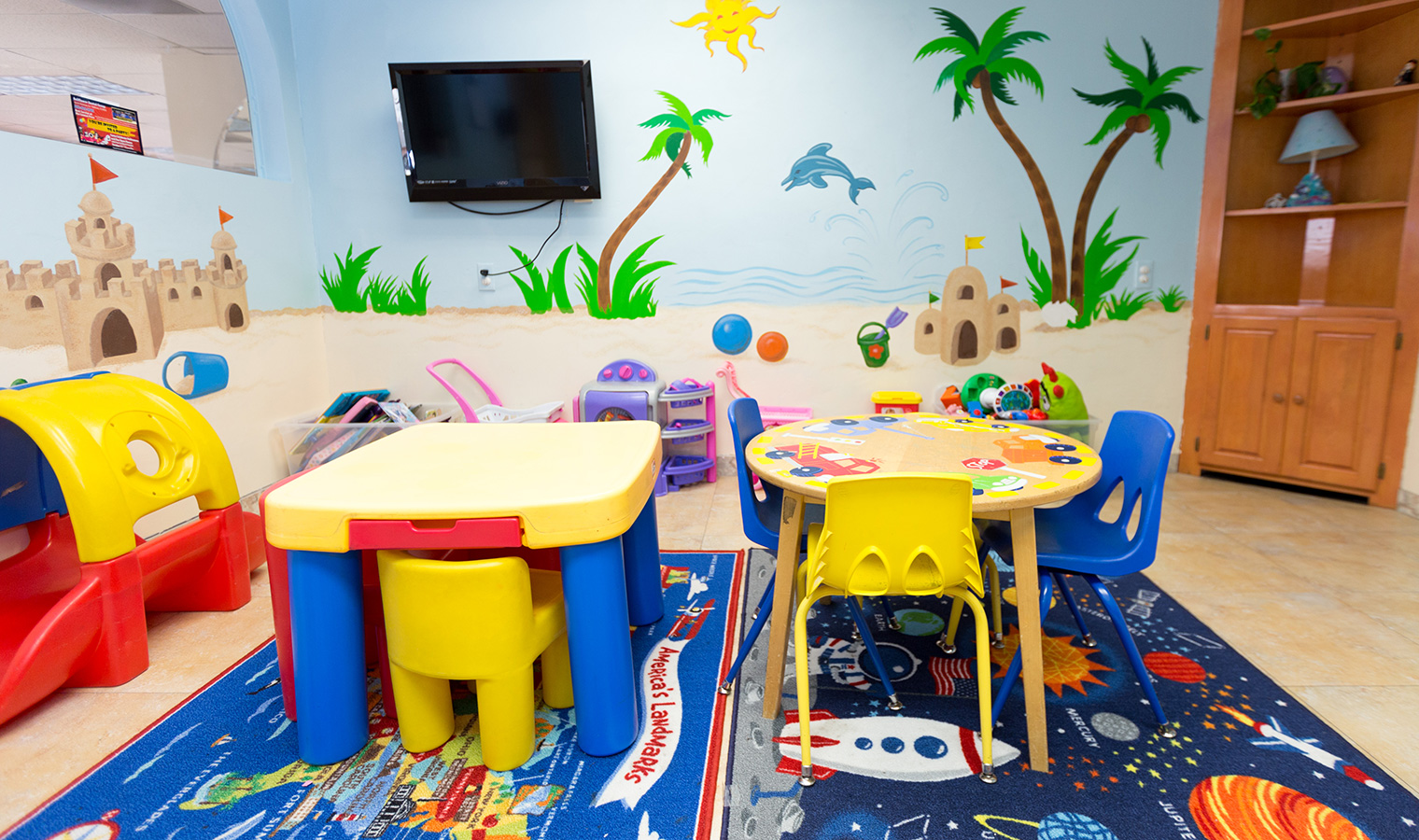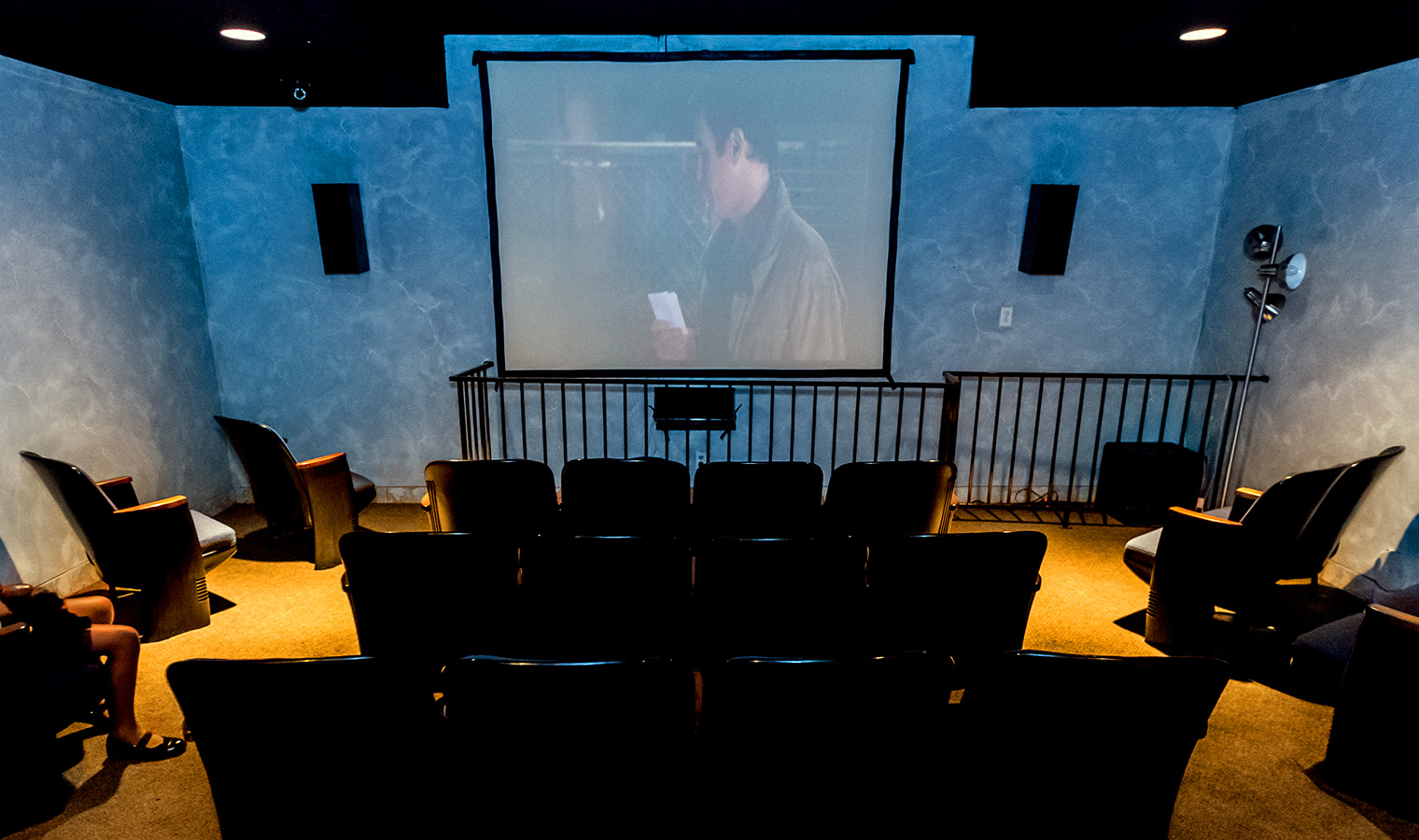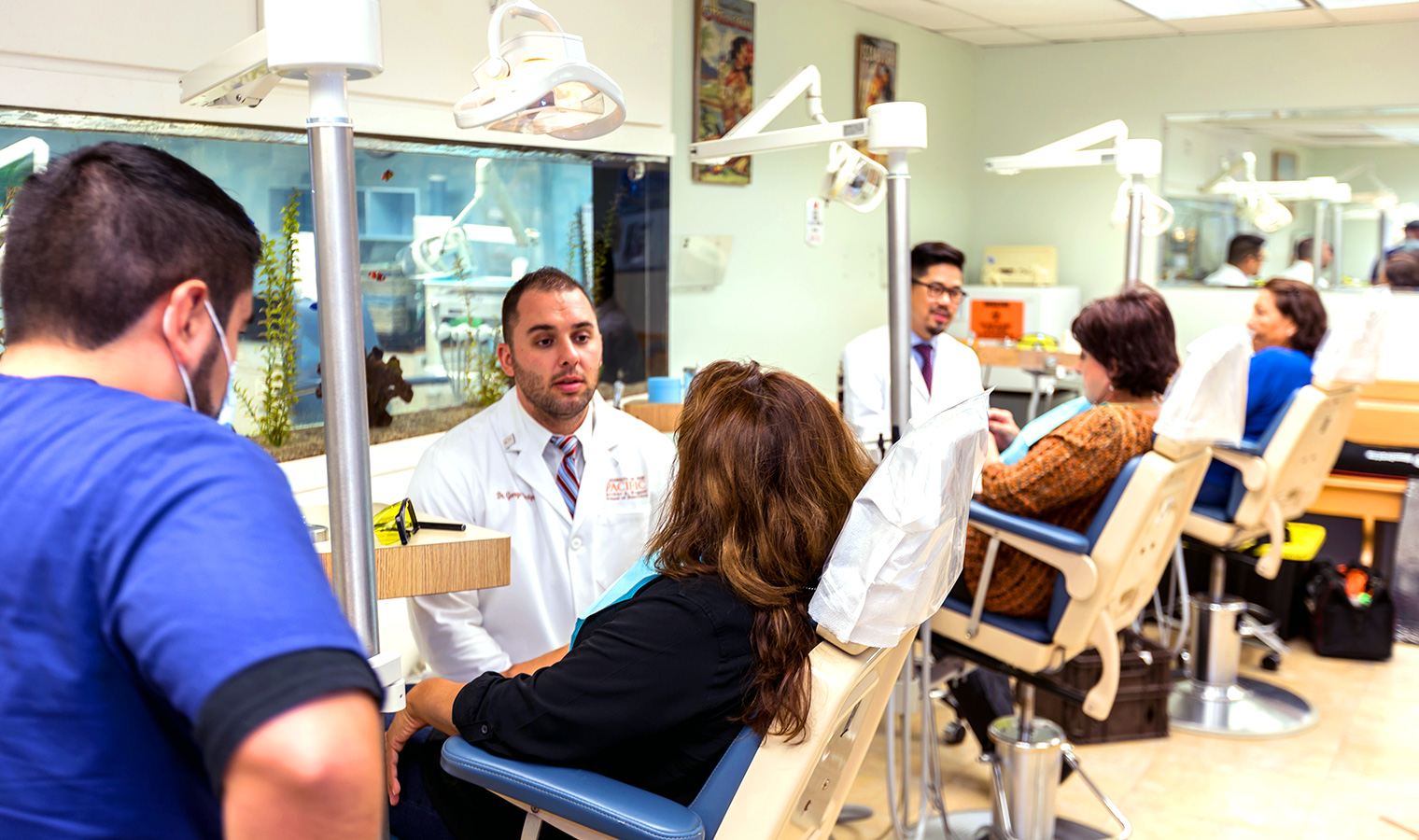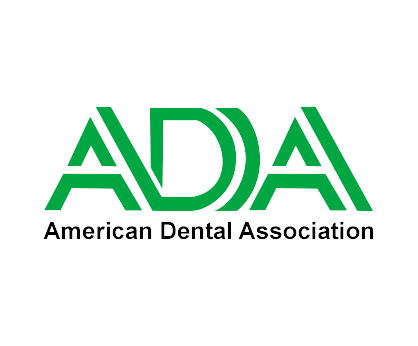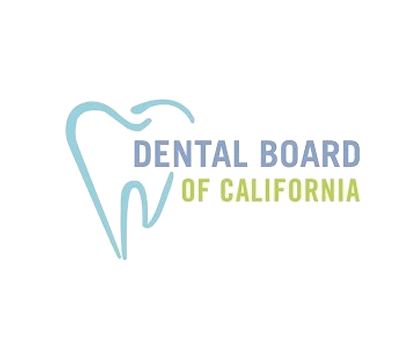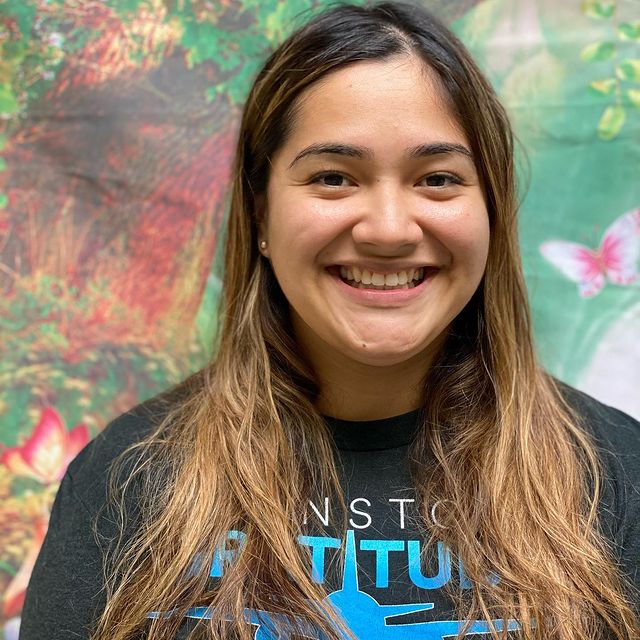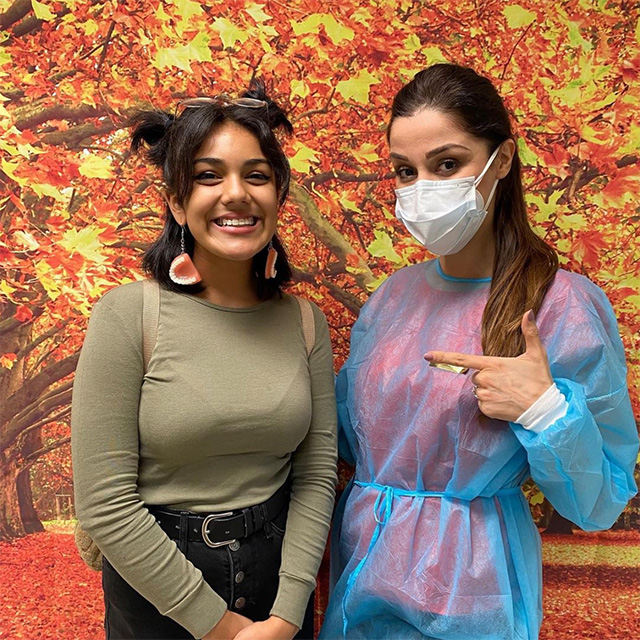Children have particular oral health demands that necessitate specialized treatment. A child is not simply a miniature replica of an adult. Their bodies, minds, and mouths are distinct and should not be handled like adults would. Many people feel that children could avoid going to the dentist since baby teeth do not endure forever, yet the contrary is true. Seeing a pediatric dentist is an important step in ensuring your child’s healthy growth. Many oral health disorders emerge early in infancy and, if not detected and remedied promptly, can lead to life-long problems.
According to experts, more than half of all children develop cavities in their primary teeth. It is five times more prevalent than asthma. As a corollary, just as you would seek a doctor for your child’s medical requirements, you should seek a pedodontist for their oral health needs. People are sometimes astonished to learn that pediatric dentistry is a specialization of dentistry. Let us examine the distinction between a regular dentist and a pediatric dentist.
Who Is A Pediatric Dentist?
Pediatric dentists, also known as pedodontists, not only concentrate their practice on treating children, but they also have all of the same credentials as a family or general dentist, with the addition of some additional studies focusing exclusively on dealing with children. After dental school, they undergo two to three years of extra specialty training. This course focuses on delivering dental care to newborns, children, teenagers, and persons with specific health care requirements. Pediatric dentists are experts in the particular oral health needs of children and adolescents, as well as in the development of children’s teeth. They are also trained in child behavior, allowing them to adjust their approach to children from infancy through puberty. They can address children’s anxieties and concerns and aren’t bothered by the energy and raucous conduct of young patients.
Because the anatomy of a baby tooth differs greatly from that of a permanent tooth, pedodontists are specially educated to comprehend baby teeth from the inside out. They also do operations such as infant root canals on baby teeth and immature permanent teeth. Aside from baby teeth, several additional dental disorders are noticed only in youngsters. Natal teeth and lip-tie or tongue-tie, which can make eating difficult, are examples. Cavities and tooth decay are an issue at any age, but if they start before the age of six, they can lead to major difficulties. Pediatric dentists are uniquely educated to identify and treat such problems.
What Is The Difference Between A General Dentist And A Pediatric Dentist?
Some general dentists refer to themselves as “family dentists” to highlight their openness to treating both children and adults. There are no educational or training differences between a general dentist and a family dentist. They, like other dentists, have completed dental school and obtained their state dental licenses. On the other hand, pediatric dentists not only specialize in treating children, but they also have all of the same qualifications as a family or general dentist, with the addition of certain additional studies devoted just to dealing with children. Following dental school, they complete two to three years of further specialty training. A pediatric dentistry clinic uses minimally invasive methods, and each process is explained in the language your kid will comprehend. These dentists even utilize smaller, kid-friendly dental instruments.
Even though a family dentist is at ease with children, they typically lack the experience of a pediatric dentist. Pediatric dentistry practice facilities are designed to make children feel at ease and joyful, so you can anticipate a lively setting with kid-friendly decor and activities. These specialists have worked with children before and utilize their wide knowledge to relate to tiny patients and put them at rest.

Is Pediatric Dentistry Necessary?
Yes, pediatric dentistry is required to give full treatment to children since they are more sensitive and fragile than adults. The following are some of the advantages of seeing a pediatrician:
Pediatric dentists deal solely with children, providing them with a greater understanding of their special requirements. Even the most apprehensive young patients feel at ease, thanks to their kid-friendly language and behavior counseling strategies. Nonverbal communication, such as body language, posture, and facial expressions, are used in behavior advice. Positive reinforcement and encouragement are well understood by pediatric dentists.
Pedodontists get two or three years of additional training after graduating from dental school to master the skills and procedures of caring for children. Their extra training includes the particular issues of tooth development, growth abnormalities, children’s behavior and psychology, managing young patients with special needs, and what it takes to help youngsters feel at ease. Adding these 2-3 years to everything else equals around 22-23 years of school, from kindergarten through residency.
Pediatric dentistry facilities are outfitted with dental instruments designed particularly for small mouths, making your child considerably more comfortable. Furthermore, the office environment is friendly, interesting, and stimulating. Pediatric dentistry offices provide young patients with an atmosphere and experience they will love again and again, from toys and kid-friendly decorations to kid-sized dental chairs.
They emphasize prevention in order to keep tooth decay & cavities at bay. They take the time to teach their young patients about good oral hygiene routines for long-term smile health. They also provide preventative services such as fluoride treatments, dental sealants, and other procedures.
Even though baby teeth inevitably fall out, pediatric dentists make every effort to keep their patients healthy. Additionally, baby teeth promote good speech development and ensure that your child can chew and consume comfortably. That’s because those tiny pearly whites provide the necessary room for adult teeth to form and instruct them to emerge properly when the time comes. If your child develops dental issues, such as tooth decay or cavities, your pediatric dentist will use dental fillings or crowns to restore their healthy, bright smile. Maintaining strong baby teeth will have ramifications for your child’s oral health well into adulthood.
Pediatric dentists are kind and dedicated to giving their young patients the exceptional, specialized care they need. If a youngster requires significant treatment or is nervous about a forthcoming appointment, their gentle procedures and sedation dentistry alternatives will help even the most apprehensive young patient rest in the dentist’s chair.
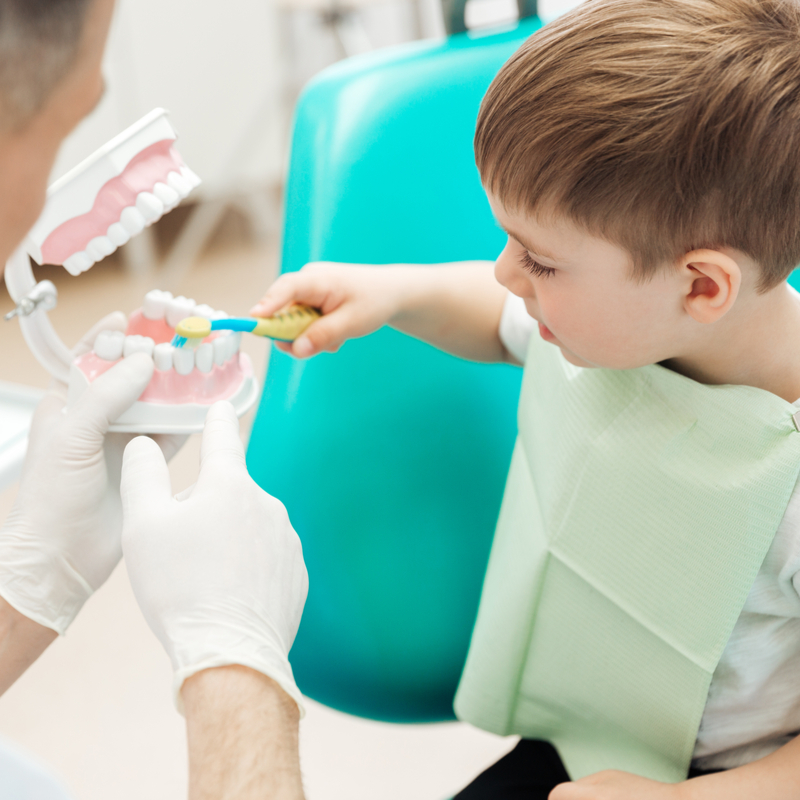
What Age Should A Child Go To The Dentist For The First Time?
The purpose of your child’s first dental appointment is to make your youngster feel at ease with the dentist. The first dental appointment should take place within 12 months of age, or 6 months of the first tooth appearing, according to the American Academy of Pediatric Dentistry.
Conclusion
A visit to the dentist is not the same for youngsters. They cannot always sit still and comply during a dental exam or teeth cleaning, unlike adults. Pediatric dentists are aware of this and specialize in making procedures more pleasant. A pediatric dentistry clinic is outfitted with specific equipment and furnishings that appeal to younger customers. Routine dental appointments twice a year or more are essential for children’s oral and developmental health. Every kid should see a pediatric dentist regularly, beginning with the first baby tooth and continuing until the last adult tooth develops. These dental specialists may aid in the early detection of abnormalities, resulting in more treatment options and a better overall outcome. They can also advise you on lifestyle adjustments to help your child’s oral health.

